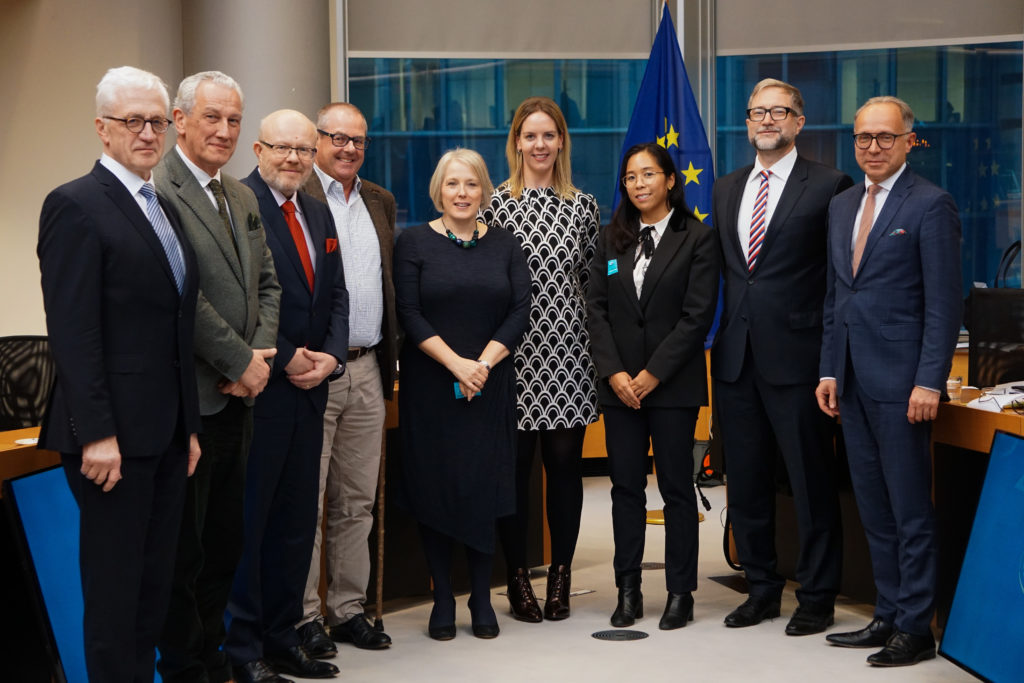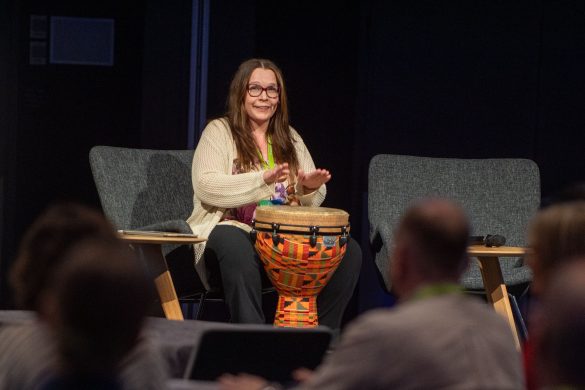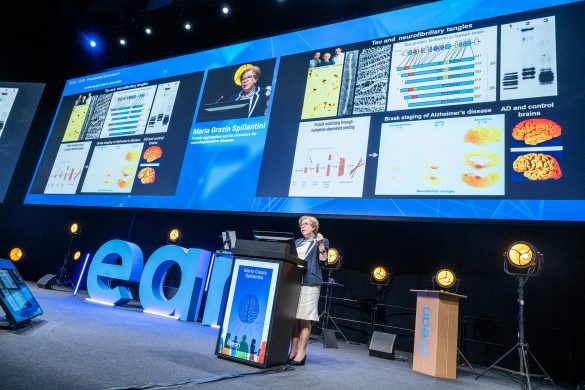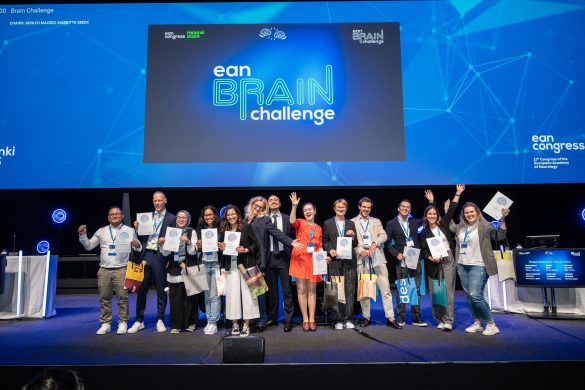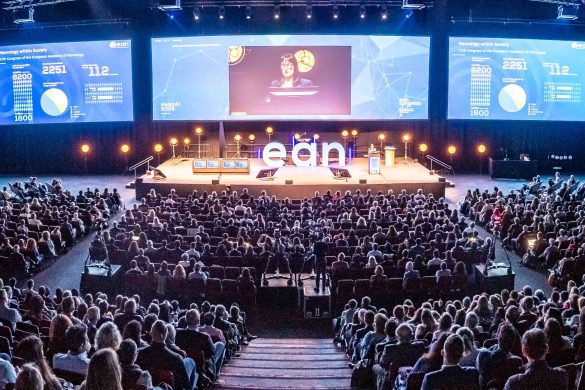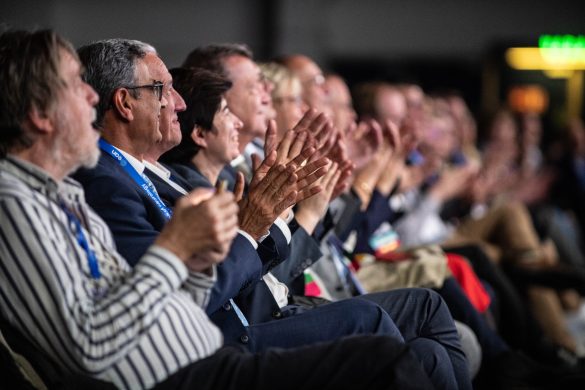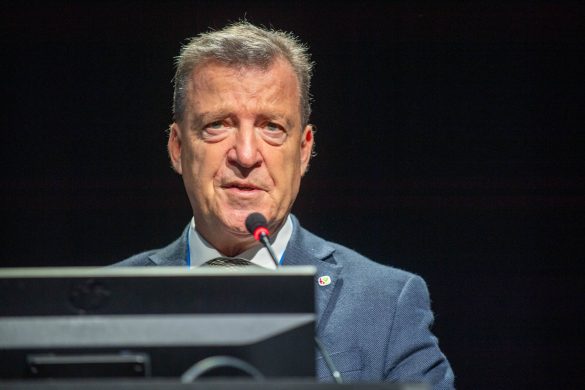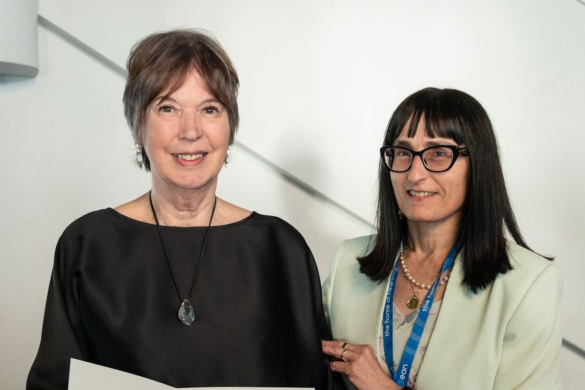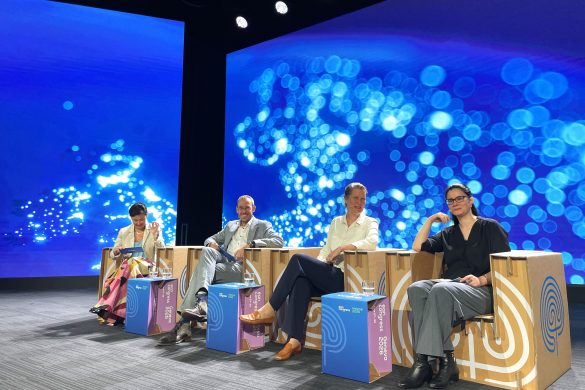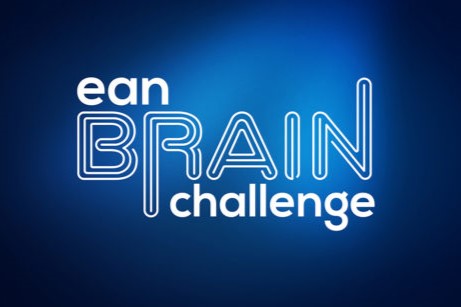Under the auspices of the Czech Presidency of the Council of the European Union and with support from MEP Ondřej Knotek, The European Academy of Neurology (EAN) gathered a range of stakeholders at the European Parliament in Brussels on Thursday, December 8 to give them a glimpse of EAN’s forthcoming research agenda.
Attendees at “The Future of Brain Health: Clinically informed and patient-centred research” were welcomed by a message from MEP Ondřej Knotek, followed by a speech from the Minister of Health and Deputy Prime Minister of the Czech Republic, Vlastimil Válek, who laid out the healthcare priorities of the Czech Presidency and highlighted the importance of tackling neurological disorders to achieve their aims. With rare diseases being one of the main priorities of the Presidency, neurological disorders must be addressed as 50% of the burden of rare diseases is o neurological noted Válek. Professor Ales Tomek, from the Czech Neurological Society, followed the Minister with a presentation on the success of the Czech Stroke Network, which currently includes 13 comprehensive stroke centres and 34 primary stroke centres throughout the country.
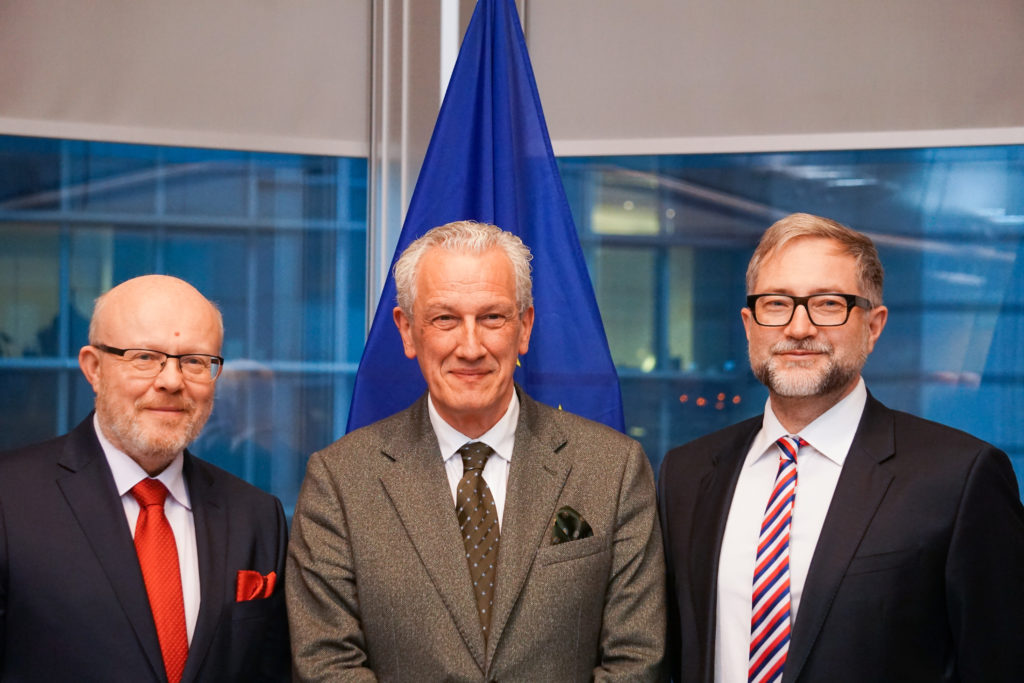
Prof. Dr. Vlastimil Válek, Minsiter of Health of the Czech Republic; Prof. Paul Boon, President of EAN; and Ales Tomek of the Czech Neurological Society
This was followed by a stirring talk from patient advocate and embedded patient researcher, Robert Joyce. Mr Joyce gave attendees an account of his first-hand experience with a neurological disorder and how his input and insight embedded within a research team has helped improve the response and involvement of patients in research and clinical trials. “We need to develop a trusting relationship between the patients, researchers, and clinicians. I think this is very important and I think we need to do more to work collaboratively to make that happen.” Said Joyce while explaining the importance of enhanced patient inclusion in research.
Prof. Paul Boon then took the stage to discuss the high burden of neurological disorders in Europe and globally, reiterating that at least 1 in 3 people suffer from a neurological disorder. After outlining this large and overlooked burden, Prof. Boon gave a short insight into the preliminary findings of EAN’s work on a Strategic Research Agenda. More than 2,000 experts from across EAN’s 29 scientific panels were asked to suggest major priorities and gaps across the full spectrum of neurology. Boon also mentioned many of these Scientific Panels include patient representatives as well.
From left to right: Prof. Wolfgang Oertel, European Brain Council; Prof. Paul Boon, European Academy of Neurology, Prof. Dr. Vlastimil Válek, Minister of Health of the Czech Republic; Robert Joyce, embedded patient researcher; Jacqui Thornton, moderator; Dr. Orla Galvin, European Federation of Neurological Associations; Dr. Frances-Catherine Quevenco, Women’s Brain Project; Prof. Ales Tomek, Czech Neurological Society; and Pawel Swieboda, EBRAINS.
Moderator, Jacqui Thornton then introduced the event’s panellists and went on to ask them about their highlights from the earlier talks and to describe how they see the brain research landscape ten years from now. All agreed that we need to increase awareness around the burden neurological disorders have on society, vastly strengthen research on the brain and specifically neurological disorders, and promote stronger patient inclusion.
To wrap up the event, Prof. Boon thanked all attendees and speakers as well as a special thanks to Czech Minister of Health and his team for their support and MEP Ondřej Knotek for hosting the event. He also shared with attendees that the most valuable resource we have in Europe for tackling this burden of neurological disorders is actually our brains; our ability to adapt, think creatively, and look for new solutions through research. Prof. Boon then concluded the event by reminding everyone that “there is no health without brain health”.

